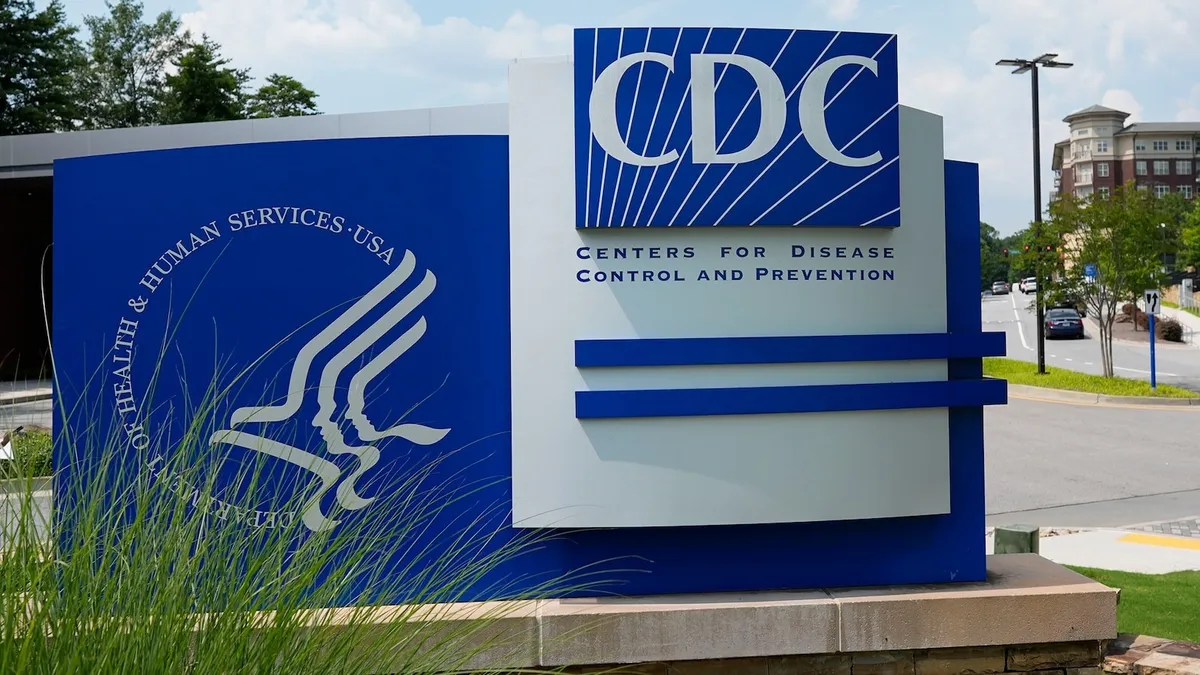
The Centers for Disease Control and Prevention (CDC) has taken a significant step in combating respiratory syncytial virus (RSV) by recommending a new monoclonal antibody shot for infants. On Thursday, the Advisory Committee on Immunization Practices (ACIP) cast a crucial vote, deciding 5-2 in favor of clesrovimab, a monoclonal antibody developed by Merck. This recommendation specifically targets infants aged 8 months and younger who lack protection through maternal vaccination.
In a subsequent vote, the ACIP unanimously agreed to update the resolution for the federal Vaccines for Children program, including essential details about the newly approved monoclonal antibody shot. This program ensures that approximately half of all U.S. children can access free or low-cost vaccines.
Typically, the CDC director would finalize such recommendations; however, due to the absence of a current CDC director, the final decision will rest with Health and Human Services Secretary Robert F. Kennedy Jr. If approved, clesrovimab will join another RSV shot from Sanofi/AstraZeneca in the vaccination arsenal against this virus.
This vote marks the first action of the ACIP since Kennedy dismissed the previous panel and appointed new members. Currently, the CDC recommends RSV vaccines for pregnant women between 32 and 36 weeks of gestation, allowing for passive protection to be transferred to their newborns during their first RSV season. Infants up to 8 months old whose mothers did not receive a maternal RSV vaccine can receive monoclonal antibody shots to protect against the virus.
Monoclonal antibodies are lab-manufactured proteins that mimic the body's natural antibodies, providing a targeted defense against infections without activating the immune system like traditional vaccinations would. Additionally, the shot is advised for a select group of children aged 8 to 19 months who are at an increased risk for severe RSV outcomes.
During the ACIP meeting, Dr. Georgina Peacock, director of the Immunization Services Division at the CDC's National Center for Immunization and Respiratory Diseases (NCIRD), presented data highlighting that 57% of infants born between April 2024 and March 2025 were protected from RSV either through maternal vaccination or the administration of nirsevimab, another antibody shot manufactured by Sanofi/AstraZeneca. Dr. Cody Meissner, a new ACIP member, hailed this data as a remarkable achievement with profound implications for public health.
However, not all committee members shared the same enthusiasm. ACIP member Retsef Levi expressed skepticism regarding the long-term efficacy of the maternal vaccine, emphasizing that RSV poses unique challenges that can undermine intervention strategies. In response, Dr. Adam MacNeil reassured that while vaccine efficacy may decrease over time, the maternal RSV vaccine remains crucial for protecting newborns during their most vulnerable period before their immune systems mature.
The recent votes come on the heels of the ACIP's announcement to review the current childhood immunization schedule. Martin Kulldorff, the newly appointed chair of the ACIP, revealed plans to establish two work groups: one to assess the cumulative effects of all recommended vaccines for children and adolescents, and another to re-evaluate vaccines that have not been reviewed in over seven years. Discussions may include the necessity of administering the hepatitis B vaccine at birth.
Kulldorff noted that the number of vaccines administered to children today surpasses those given to children in most other developed nations, as well as those received by the current adult population during their childhood years.
In a separate statement, the American Academy of Pediatrics released a video asserting that the immunization policy process through ACIP has lost credibility and that the Academy will continue to issue its own vaccine recommendations for children.
On the morning of the ACIP meeting, CDC staff presented data regarding the safety and efficacy of COVID-19 vaccines, emphasizing their effectiveness in reducing hospitalizations and deaths. For the updated COVID vaccine for the 2024-25 season, the CDC found an effectiveness rate of 79% for children aged 9 months to 4 years, 57% for those aged 5 to 17, and 34% for individuals aged 18 and older.
During discussions, Kulldorff questioned the source of data showing COVID-19 vaccine effectiveness from placebo-controlled trials. Dr. MacNeil clarified that the CDC's evaluation was based on real-world data rather than solely clinical trial results, highlighting the importance of understanding the vaccines' impacts in practical settings.
The ACIP also addressed potential safety signals related to the COVID-19 vaccine, with the CDC confirming that while risks such as myocarditis and pericarditis exist, no additional risks have been identified.
As the landscape of pediatric vaccines evolves, the decisions made by the CDC and ACIP will play a crucial role in shaping public health outcomes for children across the United States.